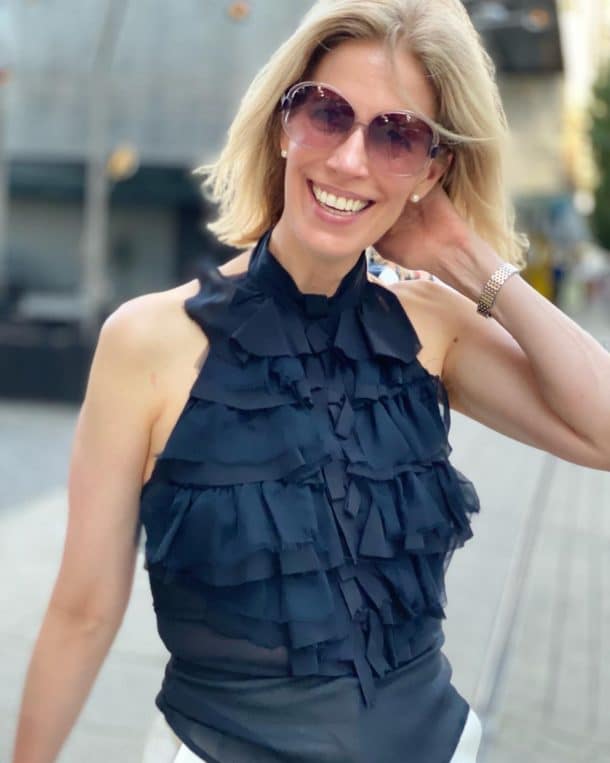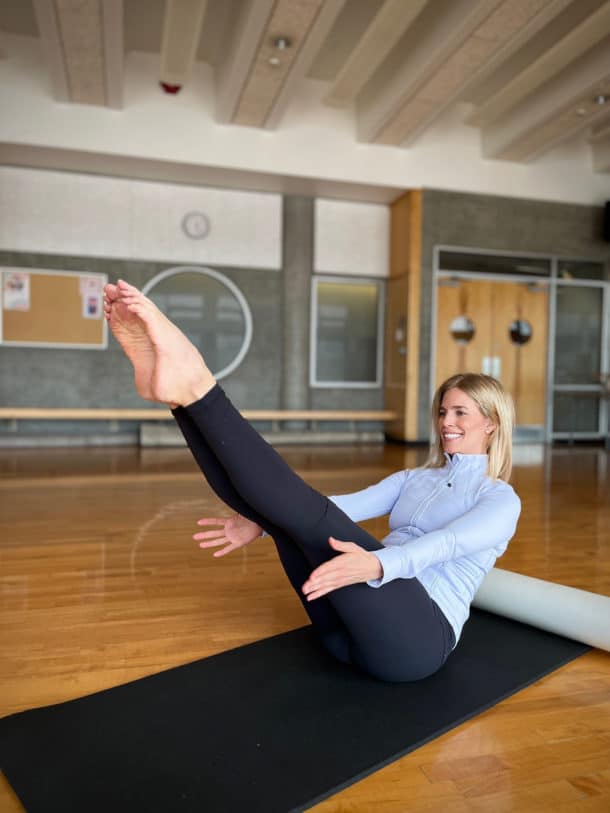Cultivating self awareness can help you plan your journey.
It was a question posed to me recently and it just seemed like a question worthy of a good answer. Why? Two years seems like the perfect amount of time to achieve something meaningful.
I also happen to be reading the book Insight by Tasha Eurich about self awareness. After scanning all of the exercises in the book, it was clear to me that it takes more than a weekend to cultivate self awareness and realize the benefits.
The benefits of self awareness are significant in both work and life. Reportedly, those with self awareness have stronger relationships, higher performance and are more effective in leadership rolls. So what is self awareness and how do you cultivate it?
Self Awareness
Self awareness is conscious knowledge of one’s own character, feelings, motives and desires. The problem is that most people, including those that are highly reflective, have blindspots that affect their level of self awareness.
Blindspots are just differences in how you perceive our knowledge, emotion and behavior and how others perceive you based on those attributes.
Knowledge Blindness relates to the perception gap in our skills and abilities. Interestingly, the more expertise we think we have, the move harmful knowledge blindness can be.
Emotional Blindness relates to the lack of awareness in the role that our emotions play in how we think and act. Emotions influence our decisions more often than most people realize.
Behavior Blindness relates to the perception gap in our own behavior. We literally can’t see ourselves from the vantage point that others can.
How do you move from blindness to insight?
1/ Keep learning especially in areas of your expertise. Change your mantra to “the more I think I know, the more I need to learn”. Online training is a great way to keep your skills sharp and to expand your knowledge.
2/ Identify your assumptions. When something doesn’t go your way or expect, consider your own beliefs and actions first before environmental factors. There two ways to better understand true cause and effect of your assumptions:
i/ Write down the expected outcome for each major decision and then compare to the actual outcome.
ii/ Do a pre-mortem exercise to identify the potential pitfalls upfront.
3/ Get objective feedback from family, friends and colleagues to assess your blindspots so that you know where the gaps are and how to address them. There are several free tools such as PersonalityPad.org, SelfStir.com and Bankable Leadership.com that will collect and analyze the feedback needed to provide you with meaningful insights.
Ask yourself “What” rather than “Why”?
The transition from why to what can be the difference between victimhood and growth. What questions help us understand ourselves whereas Why questions help us understand our environment.
Ask yourself questions that spark insight into What [you need to do] Now to live more consistency with your values and passion.
1/ What’s most important to me?
2/ What makes me feel good?
3/ What can I do differently now?
4/ What support do I need?
5/ What can I do to demonstrate readiness?
A few tips to help you stay the course:
1/ Quiet your ego to welcome feedback from others.
2/ Mindfully notice new things in yourself and your world.
3/ Reframe a loss as an opportunity to try something new.
4/ Look back periodically to see your progress.
Contact Us
Please email us to request more information about our services and Shannon Smith Living collaborations.
Stay Connected
Subscribe free to receive Shannon Smith Living every Monday. Get the latest tips, workouts, exclusive offers and community notifications.



